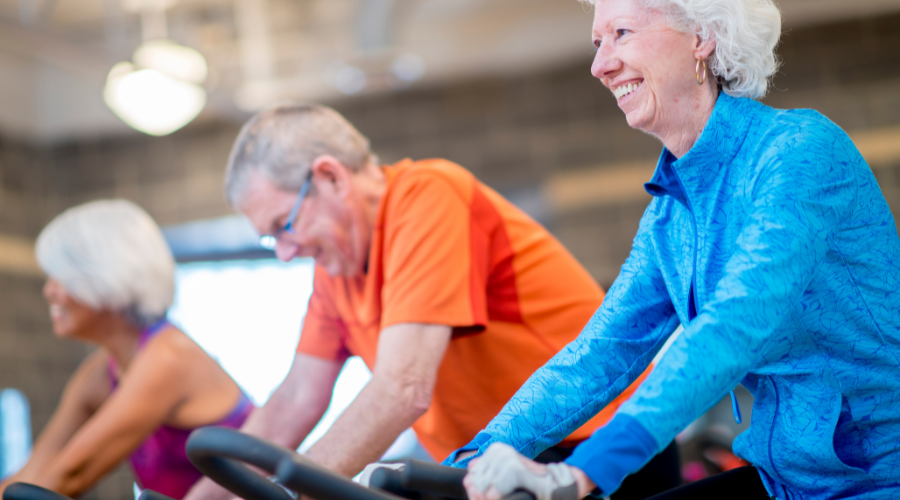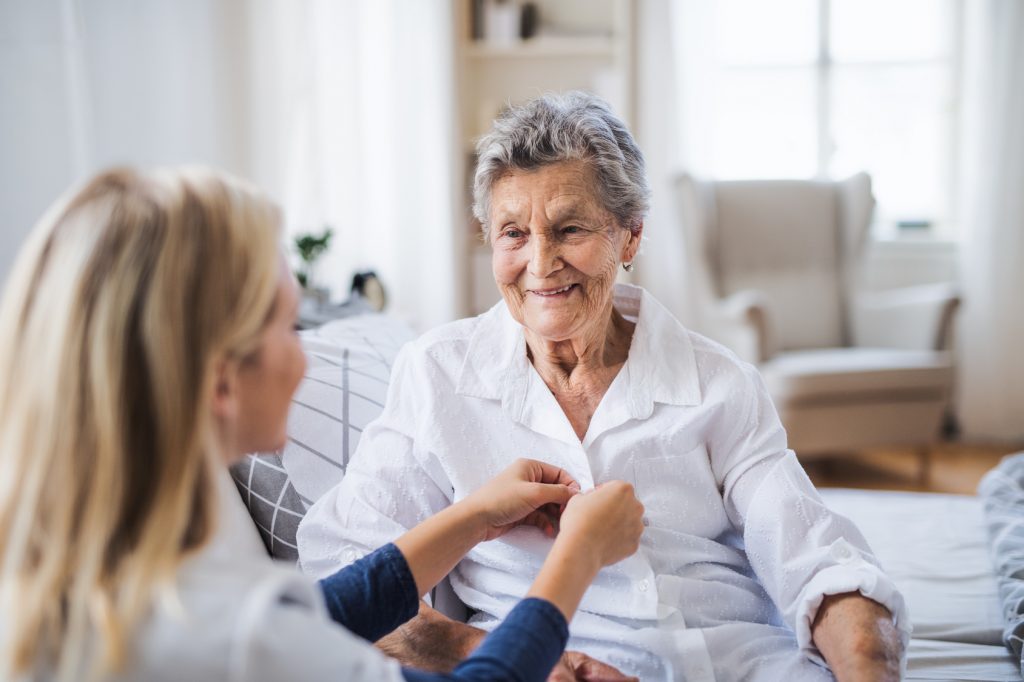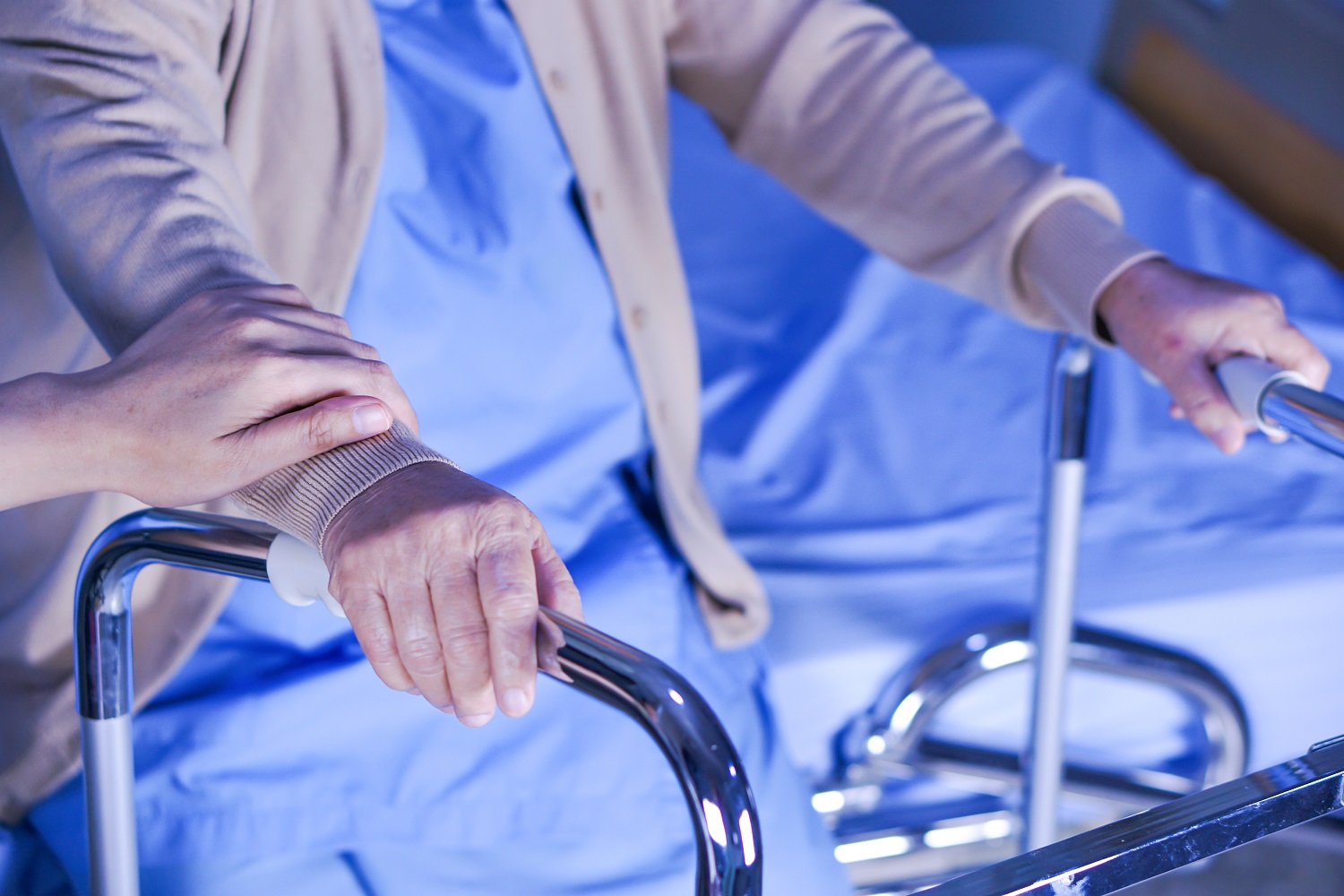
Being active has a profound effect on cognitive health in the elderly. The benefits include lowering the risk of developing dementia. Mental pursuits offer the biggest gains in seniors’ cognitive health, with physical and social leisure activities following.
Why Staying Active is Important for Older Adults?
Recent studies find that older people who engage in some form of mental, physical, or social activity have a 17 percent lower risk for developing dementia in comparison to study participants who do not participate in a hobby, sport, or other recreational activity.
The brain benefits are greatest when seniors pursue mental activities. Seniors who remain mentally stimulated have a 23 percent lower risk of dementia, while only 17 percent of individuals pursuing physical activities and 7 percent joining social pursuits reduce their risk.
How Staying Active Helps Cognitive Health?
Regardless, there is plenty of evidence that remaining active, even later in life, protects the brains of seniors. Seeking out and participating in various diversions can protect against new-onset mild cognitive impairment, which is the phase between normal cognitive aging and dementia.
The frequency at which older people engage in leisure activities has a significant impact on the amount of brain benefits they receive. For example, seniors who pursue a sport 1 to 2 times per week experience less cognitive decline than those who engage in activities twice per month.
It is important to note that the onset of dementia can cause a reduction in the pursuit of leisure activities but that inactivity itself does not cause dementia. This fact causes some experts to remain cautious about the link between leisure pursuits and dementia.
These experts suggest that early manifestations of dementia cause a slowdown in seniors’ abilities to engage in physical, mental or social activities. Their progressive reduction in leisure pursuits occurs over a period of several years before dementia is diagnosed or mentioned in health records.
1. Mental Activities
The mental activities seniors might pursue to lower their risk for dementia are diverse and can vary depending on the unique preferences of each individual. By keeping the mind active on a regular basis, older adults’ thinking skills are less likely to decline.
Some older adults choose to engage in handicrafts not only for enjoyment but for the ancillary brain-boosting benefits. Others may be content with reading books, magazines, or newspapers or browsing the internet to stimulate their minds. Listening to the radio is another recommended mental activity.
Older adults who enjoy the company of peers might meet at the senior center for a game of cards or checkers, while simultaneously giving their brains a workout. Others can sit at home doing challenging crossword puzzles, piecing together jigsaw puzzles, or writing calligraphy.
2. Physical Activities
Regular exercise can significantly reduce a senior’s risk for dementia, even late in life. Studies find a clear link between physical activity levels and cognitive functioning, thereby suggesting that exercise is an effective way to reduce the likelihood of developing cognitive decline.
Participating in aerobics during the course of one year, for example, showed a small increase in the size of the hippocampus, the area of the brain associated with memory. Physically active 70-year-olds experienced less brain shrinkage than seniors who remained sedentary.
Physical activity can range from hiking and swimming to biking and walking. Physical pursuits with a social component include tennis, dancing, calisthenics, yoga, and group exercises. Sports activities should be done several times per week and sustained for at least a year to experience the benefits.
However, leisure sports are not the only forms of physical activity. Comparable brain benefits can be had when seniors perform yardwork, cook, or clean the home. Seniors might choose to garden or take a walk around the block and still reduce their chances of developing Alzheimer’s disease.
3. Social Activities
Social pursuits are also beneficial to the aging brain. Loneliness is a major risk factor for dementia. Isolation causes stress, and stress leads to the increased likelihood of developing neurological conditions. Social interactions, however, reduce the memory deficit in Alzheimer’s patients.
Seniors with a love for learning might enroll in a class, whether that be at a nearby college or the cooking class across town. Organized group discussions offer older people a chance to talk about topics of interest and give their brains the workouts necessary to keep dementia at bay.
Volunteering for a meaningful cause also provides aging people with brain-enhancing benefits. Tutoring students, helping at the food bank or mentoring young professionals give seniors purpose and keep them socially active, thereby protecting their brains from the effects of cognitive decline.
Even when seniors are homebound, they have plenty of opportunities to socialize. Online chat rooms give older adults a place to connect with others. Similarly, professional caregivers serve as excellent companions and prevent loneliness, isolation, and the dementia that can follow.
Home Memory Care from Assisting Hands

Remaining physically, mentally, and socially active has a significant impact on cognitive health. But when a dementia diagnosis is made, seniors will need extra support at home. Assisting Hands Home Care provides compassionate dementia care to aging individuals living with this progressive brain condition.
Our memory caregivers are trained to identify the symptoms of dementia and respond with patience and understanding. Wandering seniors, for instance, are gently led back to the safety of home. We discreetly assist seniors who are incontinent and help them maintain personal hygiene.
Agitation is expected from dementia patients, especially as they become aware of losing their independence. Our patient memory caregivers skillfully calm the patients, de-escalating situations, and returning a sense of normalcy. We also use distractions to divert an agitated senior.
In addition, Assisting Hands Home Care provides non-medical home health care, supporting seniors with the activities of daily living. We offer transportation, perform light housekeeping, cook nutritious meals, shop for groceries, and give timely medication reminders. Our pleasant companionship is comforting.
When an elderly loved one in your life needs reliable dementia care, trust Assisting Hands Home Care, like countless families in Fox Point, Franklin, Lake Geneva, New Berlin, Waukesha, Wauwatosa, Whitefish Bay, the southwest Milwaukee and surrounding areas, do. We’ll schedule an in-home consultation to determine care needs and develop a flexible dementia care plan. Call 262-229-2639 today to improve your loved one’s quality of life.















